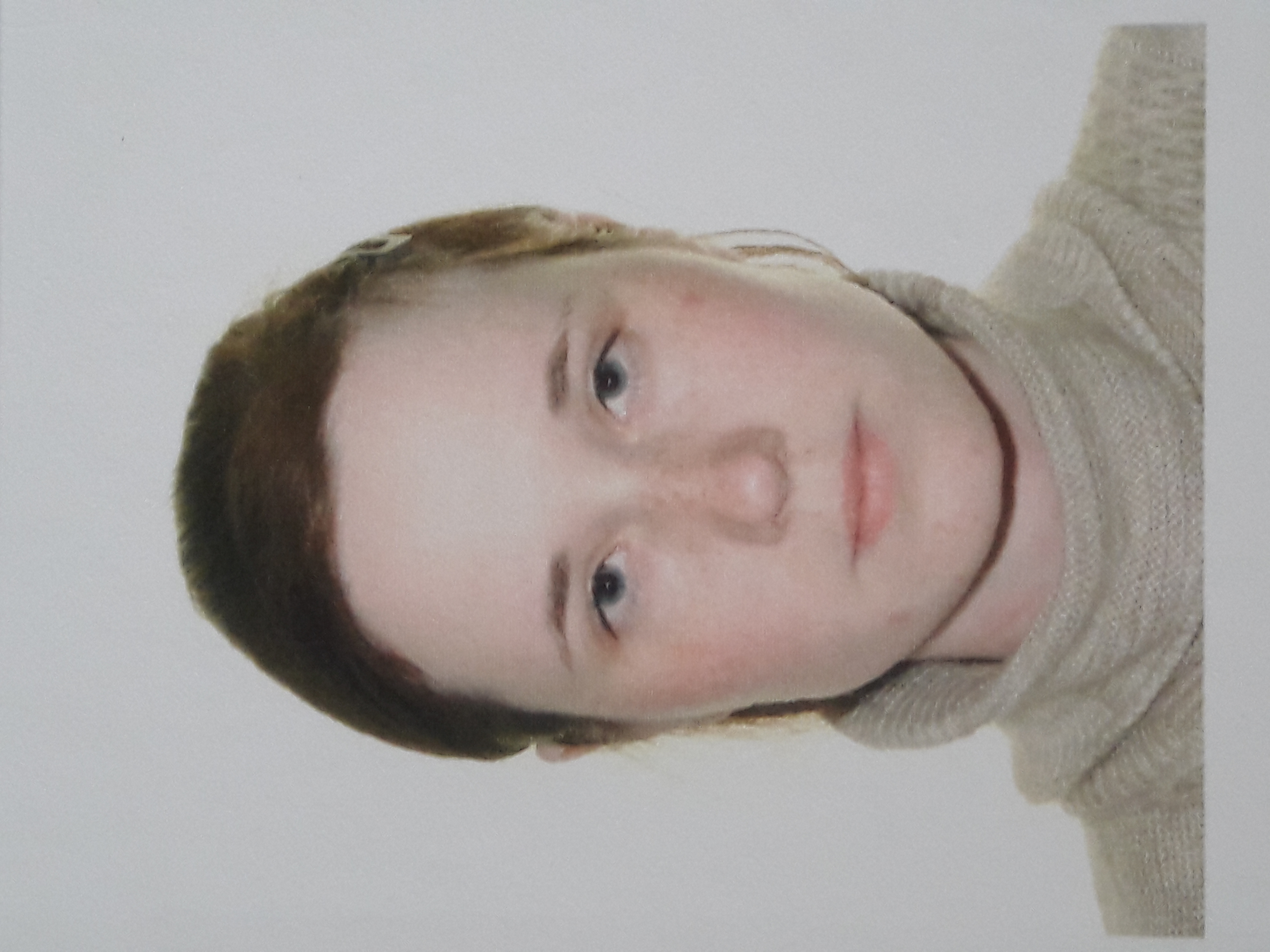This paper analyzes the concepts of “possible” and “necessary” in the philosophy of the medieval Jewish-Catalan philosopher and theologian Hasdai Crescas. The main work of Crescas is named “Light of the Lord” (“Or-ha-Shem”). It is still not translated into Russian. The ideas of Crescas are not spread widely in the Russian philosophy of religion and in the Russian history of philosophy. Meanwhile, Crescas is one of the most original Jewish thinkers of the Middle Ages, who proposed, in particular, his own concept of combining divine omniscience and human free will. He developed this concept in the fifth section of the second book of “Or-a-Shem”. It is obvious, that this concept cannot be understood without a detailed analysis of Crescas’ understanding of the categories of “possible” and “necessary”. As a result of the analysis, it is concluded that within the framework of the concept proposed by Crescas both categories are coexisting. Crescas demonstrated this proposition by both philosophical and exegetical arguments. Not disputing the existence of the category of “possible” Crescas, however, emphasized that it exists only for a human being herself, and freedom of human choice is, in fact, only a feeling that the action is performed by us freely. From the God's point of view, events in the world are strictly determined, and the consequences are “necessary” in relation to their causes. It is extremely important to emphasize that limiting the category of “possible” to human perception and the imperfection of human knowledge does not at all mean its diminution. On the contrary, without such a non-classically understood freedom, one of the most important parts of the Jewish doctrine cannot exist – the idea of a reward for righteous deeds and punishment for sinful acts. Crescas' ideas largely precede disputes between compatibilists and incompatibilists of the 20th century, in particular ideas of H.G. Frankfurt.
Keywords: Crescas, determinism, divine omniscience, Judaism, religious philosophy, free will, medieval philosophy, theology, philosophy of religion
DOI: 10.22250/2072-8662.2020.3.62-68
About the author
 |
Valeriya V. Sleptsova – PhD (Philosophy), Research Fellow, RAS Institute of Philosophy; |






